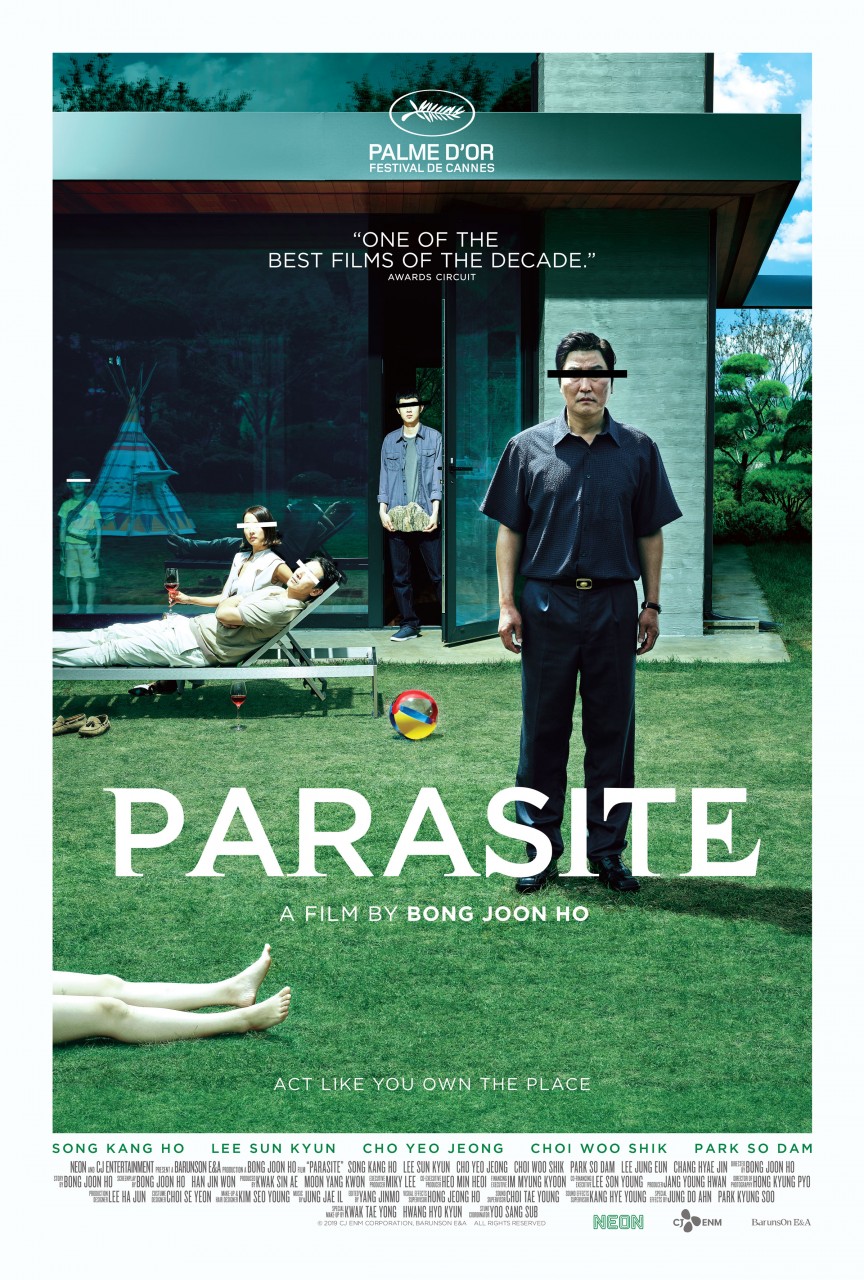INCLUDES MILD SPOILERS
“In short, I don’t think Parasite is that good at all.
“The film is about poverty, class and how the poor try to “exist” or survive in a society whose “structure” doesn’t allow them to succeed using “normal” means. But there is very little or no criticism or engagement with what this social “structure” is, and more importantly little or no engagement with the parasite family deliberating on what they should do or why they do what they do. The family lack moral (or immoral) agency and the context – “bad capitalism” – is omnipresent but missing.
“The director has said he is not political. He has said that he does not really know why people have difficulties and that he wants to just show reality of people’s struggle. This, it seems to me, is an insult to the people he is trying to portray. He should have a political view if he is creating a movie that is about politics and society. He should try to understand. In effect he objectifies poor people. Without a grasp of motive and context, they are simply acting out their natures.
“As far as I can see, the director is trying to connect with the zeitgeist – the idea that capitalism is bad. He understands the politically correct objection to capitalism that at the same time is fearful of the masses. He has delivered to hit the market in fear. But in so doing he has created a shallow, even flat movie.
“Referring to the rich wife, the parasite family’s wife says “I can be nice if only I had money”. How might we understand this as the director’s view on the rich and poor? This is a cliché. In reality not all rich people are bad and not all poor are nice. Are we really to believe if the parasite family had money that they would never do any bad things such as swindling and blackmail. Are we to believe that they think their poverty explains their actions? The shades of understanding are gone – money and ethics are reduced to the same thing. Isn’t this a limited and crude view of the world and of class?
It never lets us identify with the parasite family because they are objectified as poor
“The film has some strong elements of realism about the lives of South Koreans with different levels of wealth. But these bits of reality – the housing, the lack of money, vs. the servants, the insecurity of the rich – should be expected in any half decent film.
“It’s not the reality or lack of reality that makes a film covering these issues great or poor. Overall, whether a film is good is about whether it moves us on and let’s us think about and identify with how different people deal with their circumstances.
“This is why, it seems to me, this film never moves beyond the cliché: it is “corny”.
It never let’s us identify with the parasite family because they are objectified as poor – as simply victims of circumstances. As a viewer I want to see some deliberation, some moral conflict.
“The struggle between the two parasite families (the main family vs the housekeeper and her husband who lives in the basement) is an example of the limits of the film. What is this trying to show us? What is the motive for fighting? Perhaps we are supposed to take the idea of the ugliness of becoming petit bourgeois – of the competition of trying to get on. But how does that work when the two families seem to be simply trying to gain stability – to get regular income and food. How can their actions possibly lead to stability?
“By contrast think about Ken Loach’s films. What views and feelings you can get from those films? You won’t see in Loach’s works the mocking of the poor (for the sake of it), or absurd or superficial justifications for the rich.
“Many Koreans don’t think this is such a great film. Reading Korean media and social media, I have heard some limited if superficial praise (“what a great translation’, ‘great acting’). But people are not saying that the film was great fun to watch or enjoyable – or that it tells us much about life in South Korea today.
“The film neither made me think nor entertained me. It seems to me that the academy award was for a novel angle for political correctness in the West. In other words it objectifies and mocks both rich and poor and even the desire to move up the social ladder.
“One of the saddest results is that the dynamic and entertaining South Korean movie and TV industry may try to do more of this type of product. No thanks! Let’s keep on with the quirky crazy people who creatively bash their heads against social conformity that is the hallmark of much of South Korea’s cultural wave!”




